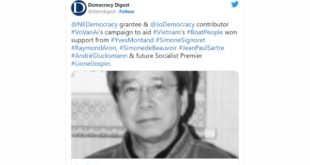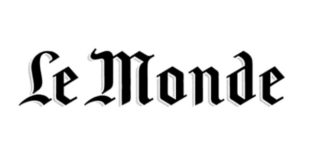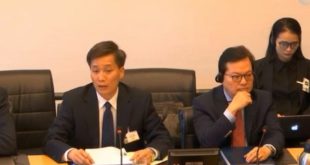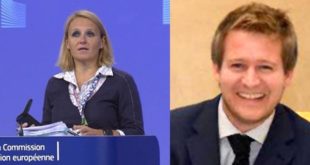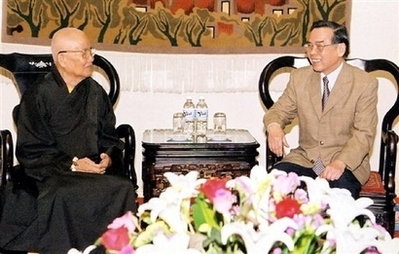 |
|
Buddist monk Thich Huyen Quang (left) holds talks with Vietnamese Prime Minister Phan Van Khai in 2003. Quang — the 87-year-old leader of the Vietnamese Buddhist movement that has refused to come under government control — has died in Binh Dinh province. (AFP/VNA/File/Str)
|
HANOI, 5 July 2008 (AFP) – Thich Huyen Quang, who led peaceful Buddhist dissent under Vietnam’s post-war communist governments, died on Saturday at the age of 87 after decades of internal exile, his supporters said.
Quang was the supreme patriarch of the Unified Buddhist Church of Vietnam (UBCV), which was banned in the early 1980s after it refused to come under the control of the state-sponsored Buddhist church.
Quang — who had been active in the South Vietnam peace movement before the 1975 fall of Saigon — was in 1982 banished to central Vietnam, far from his pagoda in Ho Chi Minh City, the former Saigon.
Paris-based UBCV supporters, who announced Quang’s death at his pagoda of heart, lung and kidney ailments, called him “a determined opponent of tyranny in all its forms.”
Quang, born Le Dinh Nhan in central Binh Dinh province on September 19, 1920, joined the monkhood at the age of 12.
In 1945, he joined the resistance against French colonial rule but was arrested by Viet Minh revolutionaries in 1951 for refusing to submit to communist control and jailed until 1954, said the UBCV.
In the 1960s he protested abuses against Buddhists under the US-backed South Vietnamese regime of Catholic president Ngo Dinh Diem, which jailed him for several months in 1963.
The UBCV was founded at the end of that year and Quang became deputy leader.
After the war, the UBCV, like other religious groups, suffered repression from the new communist rulers of reunified Vietnam.
In March 1977, Quang detailed 85 instances of state repression against his church in a letter to then-premier Pham Van Dong, according to biographical details supplied by the UBCV.
Quang was arrested the following month at his An Quang pagoda in Ho Chi Minh City and placed in solitary confinement.
In December 1978, he received a two-year suspended jail term for “sabotaging the people’s solidarity bloc, counter-revolutionary propaganda and exploiting religion to undermine security and order.”
When the UBCV refused to join the official Vietnam Buddhist Church (VBC), he was arrested in 1982 and sent into internal exile in central Vietnam, where he would remain under house arrest for virtually the rest of his life.
Despite that, in 1992 he became supreme patriarch of the UBCV.
The following year he issued a ‘Buddhist Proposal for Democracy and Human Rights,’ calling not just for religious freedom but also free elections and a multi-party system.
In 1998, Nobel Peace Prize laureates including the Dalai Lama called for the release of Quang and his deputy Thich Quang Do.
Quang, long plagued by ill health, was in early 2003 allowed to undergo surgery for a growth on his eye in a hospital in Hanoi, where he was visited by EU and US diplomats.
In April of that year he met then-prime minister Phan Van Khai, “the first time a political prisoner had ever been received by a top government official in communist Vietnam,” according to the UBCV in Paris.
However, in October 2003 he was again confined to the Nguyen Thieu monastery in his native Binh Dinh province and kept in isolation from other UBCV leaders.
“After that, my doubts turned to bitter disappointment,” Quang later wrote, accusing Vietnam’s leaders of an “immutable policy of religious intolerance.”
Late last year Quang refused an invitation to attend a Hanoi congress of the VBC and to take part in the International Day of Vesak Buddhist celebrations hosted by the Vietnamese government in May.
 Quê Me Quê Me: Action for democracy in Vietnam & Vietnam Committee on Human Rights
Quê Me Quê Me: Action for democracy in Vietnam & Vietnam Committee on Human Rights
